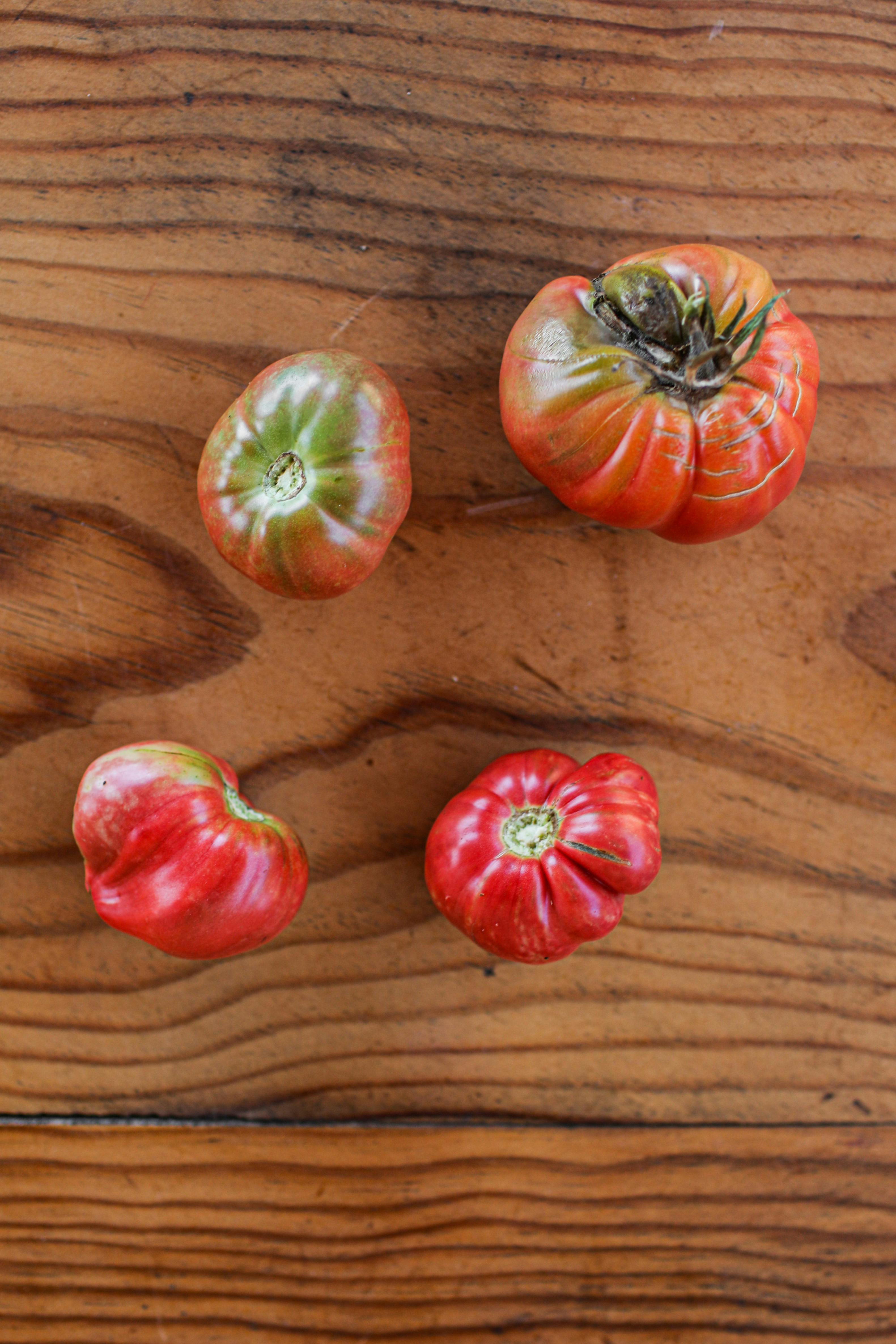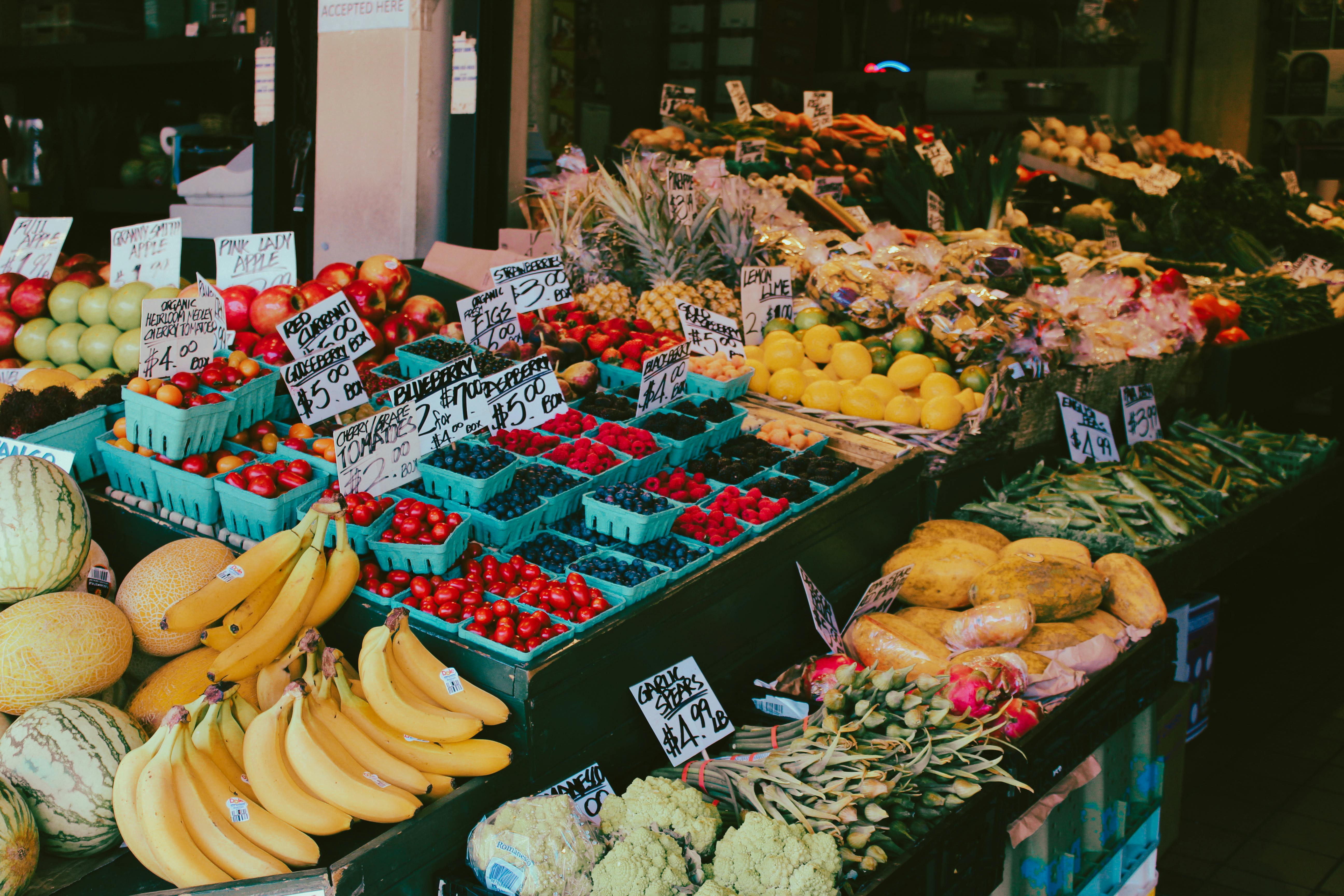Best 5 Ways to Celebrate World Food Day 2025
World Food Day, observed on October 16, is a day dedicated to promoting worldwide awareness and action for those who suffer from hunger and for the need to ensure food security and nutritious diets for all. As we look towards the future, celebrating World Food Day in 2025 offers an excellent opportunity to reflect on global food systems and advocate for sustainable practices. This article outlines the best ways to engage in meaningful activities that promote food security, sustainable agriculture, and the overall awareness of hunger.
1. Host a Community Food Fair
Organizing a community food fair is an effective way to celebrate World Food Day while promoting local food systems. These fairs can showcase local farmers, food charities, and nutrition education initiatives, encouraging a deep connection between consumers and local producers. Offering workshops on sustainable practices and healthy cooking can also enhance visitors' knowledge on dietary diversity and health and nutrition.
Incorporating local cultural food practices into the event will help celebrate culinary traditions while promoting equitable access to food. Engage the community by inviting local chefs to share their expertise or by offering farm-to-table meal options that highlight local produce. This not only supports local farmers but also strengthens community bonds.
2. Organize Educational Workshops
Education is key in the fight against hunger and malnutrition. Hosting workshops that focus on nutrition, sustainable agriculture, and food systems can empower participants and promote long-term food resilience. Topics could cover the impacts of climate change on food production, the importance of food safety, and food preservation techniques.
Involving experts in the field, such as nutritionists and agricultural specialists, can enrich the workshops by providing up-to-date information on food security initiatives and sustainable practices. Additionally, creating hands-on experiences where participants can learn practical skills, like urban gardening or cooking classes, fosters a deeper understanding of food access and food sovereignty.
3. Advocate for Sustainable Food Policies
World Food Day is also an excellent time to advocate for transformative food policies that promote food justice and combat issues within the global food system. Get involved in local advocacy groups to push for sustainable farming solutions, public health nutrition initiatives, and effective food labeling practices that enhance consumer knowledge.
Partnering with community organizations can amplify your voice in promoting cooperative farming and rural development projects. Supporting policies that prioritize food security and rights to food can lead to significant changes in food distribution and accessibility in your area.
4. Volunteer with Food Charities
Engaging with food charities on World Food Day provides a hands-on opportunity to understand and address food insecurity in your community. Volunteering at community food banks, participating in hunger alleviation programs, or supporting local initiatives focused on healthy school meals makes a direct impact on those in need.
This involvement not only helps raise awareness of the global hunger crisis but also facilitates networking with like-minded individuals committed to sustainable food advocacy. Furthermore, learning about the challenges faced by food aid organizations can inspire you to create new initiatives or support existing programs aimed at improving food systems resilience.
5. Promote Food Waste Reduction Initiatives
One of the pivotal aspects of World Food Day is emphasizing the importance of reducing food waste. Hosting events that educate the community about the environmental impact of food waste and strategies for waste reduction can foster a culture of sustainability and ethical food sourcing.
Consider initiatives like community dinners where leftover food is used, or workshops focused on food preservation techniques. Engaging the public in conversations about food and health, along with showcasing successful food waste reduction projects, can encourage a shift towards more sustainable eating habits.
Connecting Global Efforts on World Food Day
With these impactful strategies in mind, it's essential to recognize that celebrating World Food Day is about more than just individual actions; it's about creating a ripple effect in communities. Collective actions contribute to a larger movement advocating for food systems transformation and agricultural practices that combat malnutrition.
The Role of International Cooperation
Addressing food security on a global scale requires collaboration among nations. World Food Day serves as a reminder of the collective effort needed to tackle challenges like climate change, food supply chain issues, and the urgent need for agricultural workforce development. Initiating conversations around these topics can spark ideas for international food projects focused on enhancing food access and justice.
Engaging in discussions on platforms providing insights from various countries can broaden our understanding of global agricultural challenges. This shared knowledge inspires innovative solutions and partnerships aimed at improving overall food systems resilience.
Inspiring Future Generations
To ensure that food policies and practices are upheld in the future, it is vital to involve young people in World Food Day activities. This can be achieved through educational programs that enlighten youth about food-related diseases, sustainable diets, and the importance of food advocacy within their communities.
By cultivating food literacy among youth through school nutrition programs and community-supported agriculture initiatives, we pave the way for a generation equipped to handle food security challenges creatively. Engaging with young leaders advocating for healthier and more sustainable food systems prepares them for active participation in shaping future food policy.
Celebrating Diversity Through Food
Food reflects our cultural heritage and traditions. On World Food Day, celebrating culinary diversity encourages respect for various food practices and promotes inclusivity in discussions around food justice. Highlighting indigenous food systems and sustainable fisheries encourages the recognition of cultural significance and biodiversity in farming.
This celebration of diversity can take the form of sharing recipes that highlight the unique values of global culinary traditions, promoting healthy cooking practices that consider both cultural significance and nutritional impacts.

Conclusion: Towards a Sustainable Future
Celebrating World Food Day 2025 can foster greater awareness and drive collective action toward addressing global hunger and food security challenges. By engaging the community through educational workshops, advocacy, and hands-on volunteering, we can contribute to creating resilient food systems and ensure equitable access to nutritious food for all.
As we promote sustainable agricultural practices and cultivate partnerships within our communities, we pave the way for a healthier future. Let us come together on October 16, 2025, to create a movement that emphasizes the importance of food sovereignty and combats malnutrition, ensuring that future generations inherit a world where hunger is a thing of the past.

